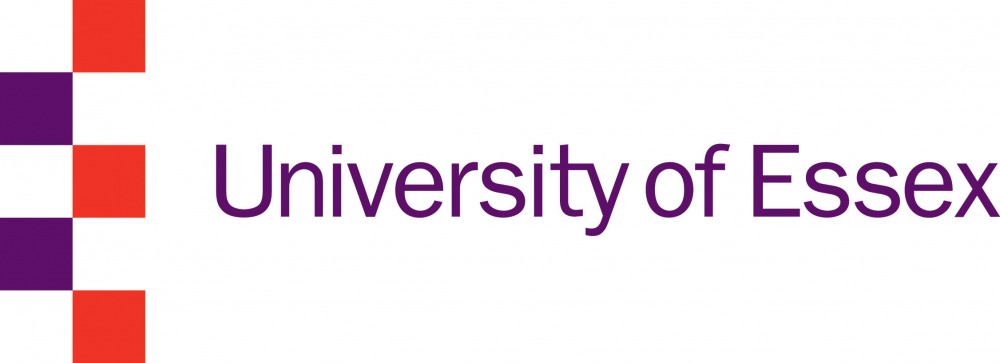

This project centers around understanding and engaging with the practice and oversight of surveillance and monitoring activities conducted by State intelligence agencies, with a particular focus on bulk monitoring techniques.
The project consists of four workshops, each engaging key stakeholders and focused on issues identified as key considerations with respect to intelligence practice and oversight:
Workshop A Civil Society (1 March 2018)
- This workshop is the counterpart to workshop 1, and will bring together members of the human rights community.
- The same topics will be addressed, allowing a comparison of approaches.
- It is intended to invite representatives of Privacy International, Article 19, Amnesty International, Human Rights Watch, and Big Brother Watch, as well as members of the IPC.
Workshop B: Judicial Review (TBD)
- The goal of this workshop is to discuss the quality of judicial review required in order to effectively oversee the intelligence agencies.
- The IPA requires that the IPC conduct a “judicial review” of surveillance decisions. However, there are disagreements as to the extent of review required by law.
- This workshop will be led by Prof. Maurice Sunkin (Essex), an expert in this area.
- It will bring together leading UK-based lawyers and academics to discuss the level of judicial review necessary to effectively oversee intelligence activity. Members of the IPC will also attend.
Workshop C: The Intelligence Community (16 April 2018)
- The goal of this workshop is to bring together representatives of different intelligence agencies in order to discuss their distinct approach to key oversight issues.
-
Identified discussion points include:
- How is “necessity” evaluated?
- How is “proportionality” evaluated?
- How is data collection regulated?
- How is access to collected data regulated?
- Are data shared between intelligence and law enforcement agencies, and if so – how?
- This meeting will be held under Chatham House Rules.
- The intention is to invite representatives of the UK, Israel, US, Germany, France and Sweden, as well as members of the IPC.
Workshop D: Human Rights-Based Approaches to Intelligence Oversight (13 May 2018)
- This workshop will build on the previous discussions in order to determine how human rights and human rights law can inform intelligence oversight.
- It will bring together leading human rights academics, for an in-depth discussion on themes that have emerged from previous workshops.
- The goal will be to develop an understanding that can inform the work of the UN and other bodies.
***
The workshops will be configured to connect academics and practitioners in order to:
- Develop a better understanding of intelligence practices
- Understand the range and adequacy of different oversight and regulatory measures and consider their relationships to different surveillance powers and intelligence practices. Part of these discussions will involve the analysis of different oversight regimes and learning that can be transferred.
The workshops will be designed to facilitate engagement, position the researchers, and provide data collection opportunities for future publications. They will also provide a conduit for the dissemination of researchers’ extant body of research, as well as emerging research findings, directly to user communities. We will produce impact-focused briefing papers and workshop summaries that would cite our work. These will be targeted directly towards the IPC, and other UN-level bodies.
The workshops are designed to provide impact to several constituencies. Most explicit will be the orientation of workshop content and configuration to inform the work of the UK government IPC. We will also provide a neutral setting for government bodies to engage with a range of human rights NGOs, privacy advocacy groups, and related activist organizations. These latter groups will also provide constituencies for research impact.


